-
Panoptic Narrative Art In Picture Books
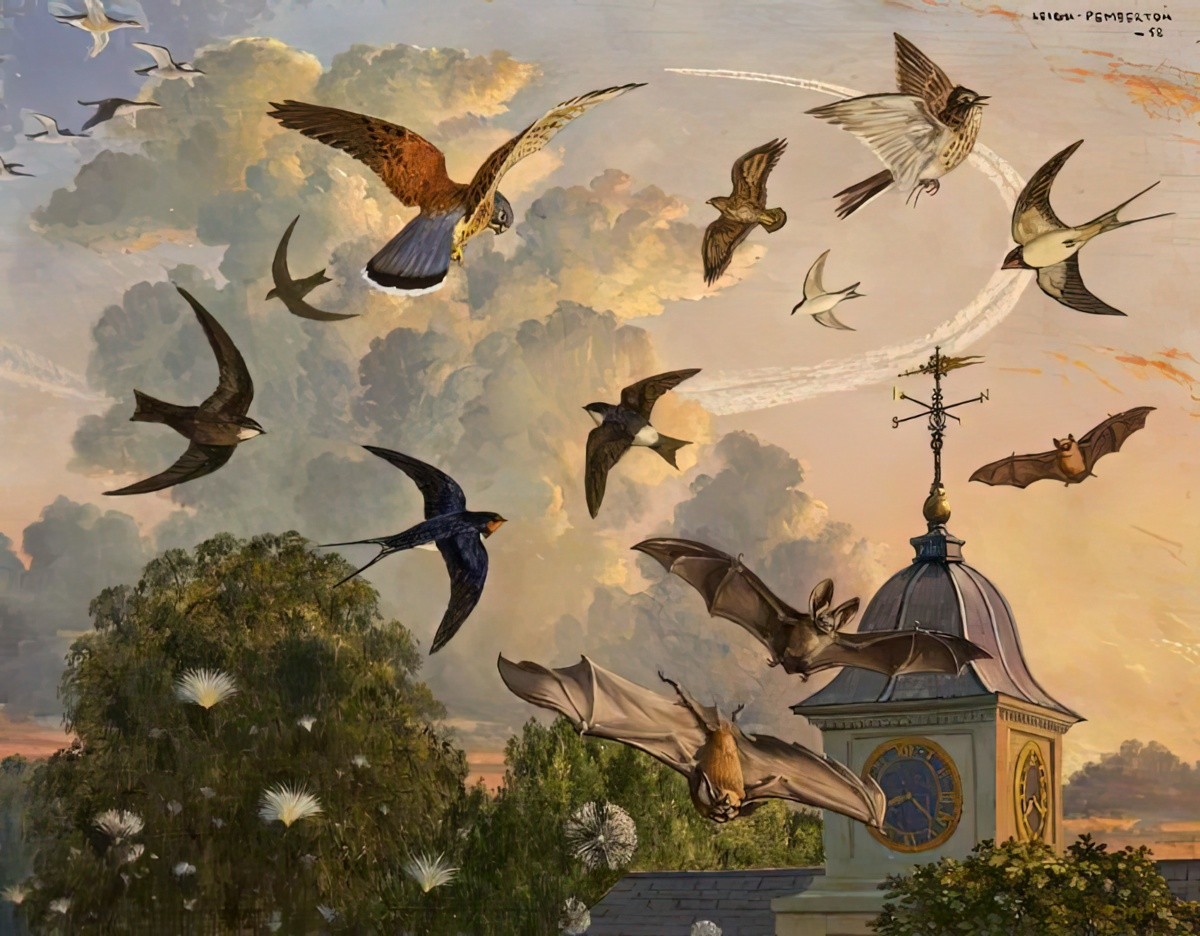
Let’s say there are 7 main categories of Narrative art. Narrative art is art which tells a story. Panoptic refers to ‘showing or seeing the whole at one view’. Panoptic narrative art is often a bird’s eye view. The ‘camera’ is above. This is the art world’s equivalent of an all-seeing (omniscient) narrator. Panoptic and panoramic […]
-
Composing The Thumbnails Of A Picture Book
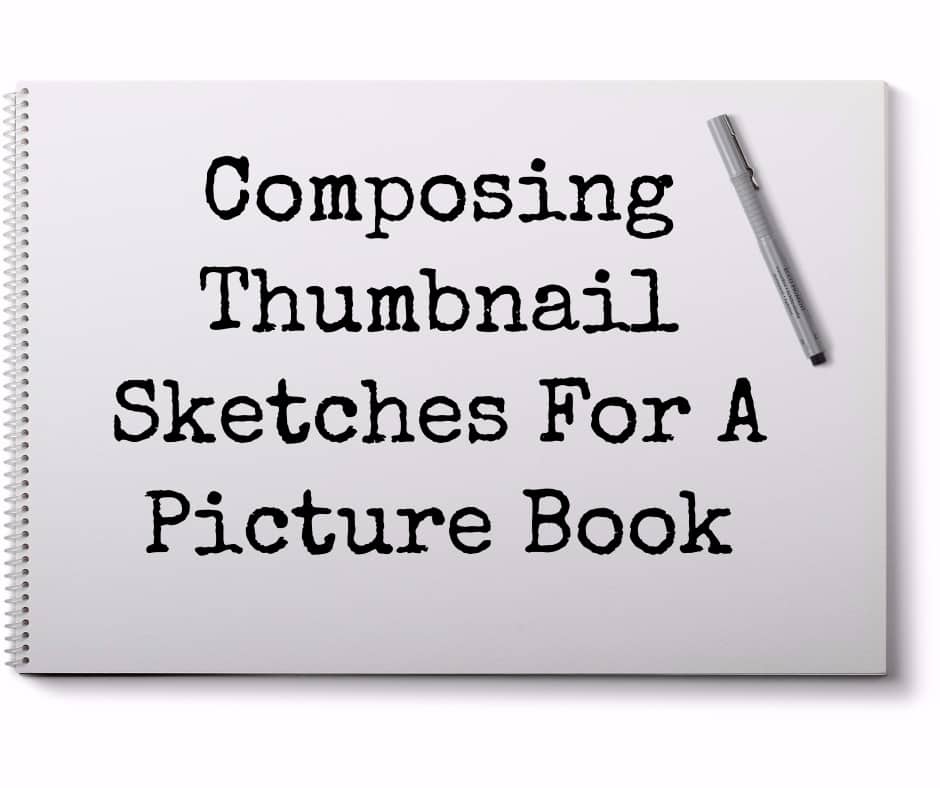
How do you go about the task of mocking up a picture book? Most picture book illustrators make a dummy of thumbnails, to check the story flows well. Many writers (who are not also illustrators) find this a helpful practice, too. The following notes are from Framed Ink: Drawing and composition for visual storytellers by […]
-
The History of Hansel and Gretel
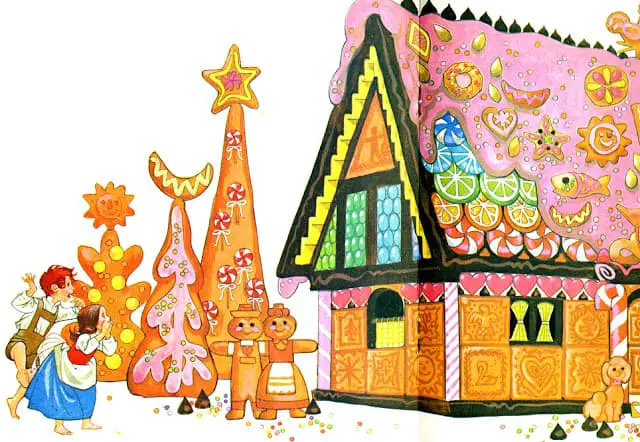
Hansel and Gretel is one of the best-known fairytales. Almost everybody knows the basic story but, more than that, this tale is the ur-story for many seemingly unrelated modern ones. For example, whenever a character meets a character in a ‘forest’ (whether the forest is symbolic or not), the audience is put in mind of wicked cannibalistic witches.
-
Walter The Farting Dog Picture Book Analysis
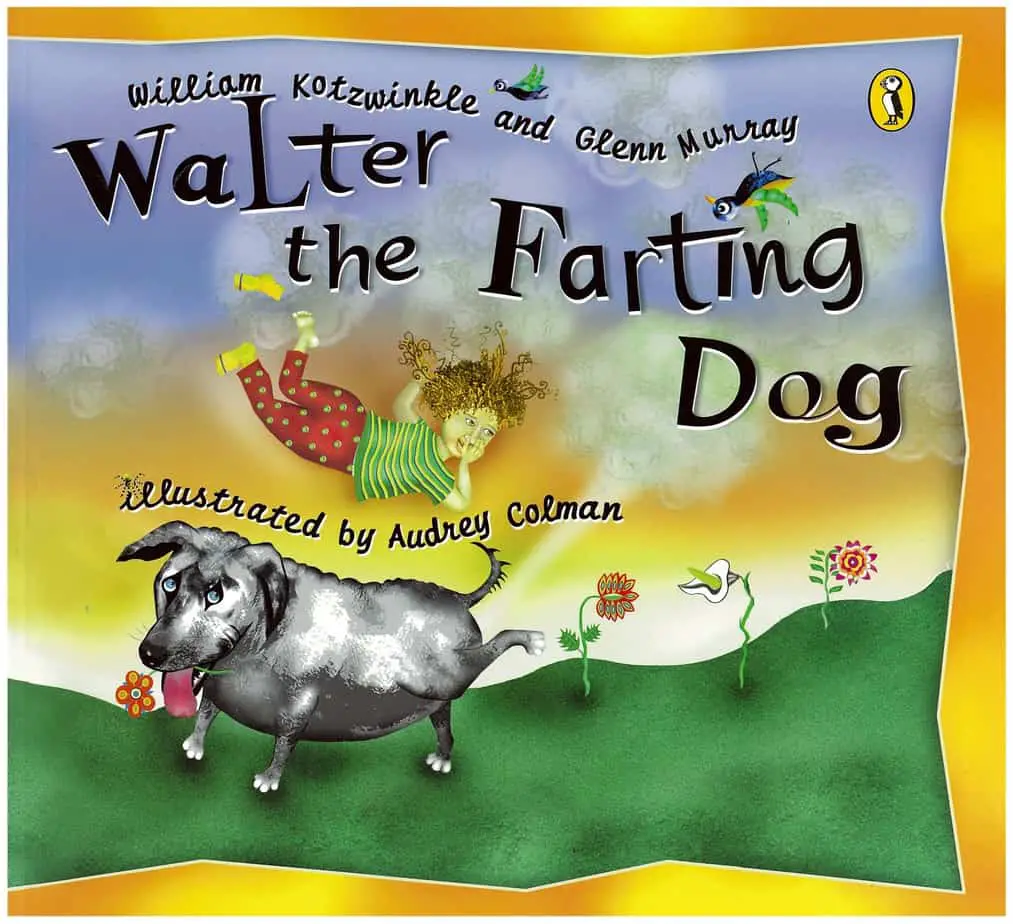
I have a love-hate relationship with Walter the Farting Dog. My home country of New Zealand produces a disproportionate number of bum, poo and fart picture books, which I think speaks to our national enjoyment at free and cheap entertainment. I love books which make my kid laugh out loud, but I do have an […]
-
Make Way For Ducklings by Robert McCloskey 1941 Analysis
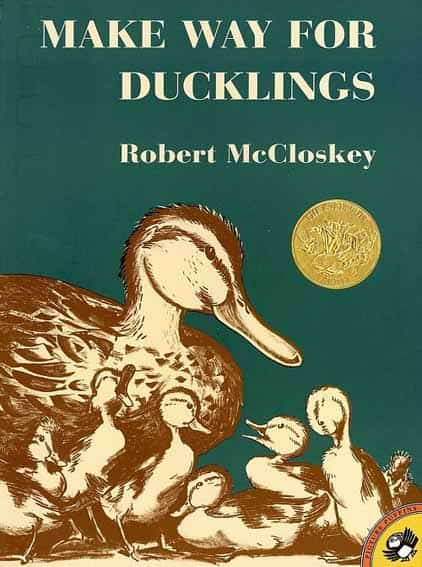
Make Way For Ducklings by Robert McCloskey (1941) is an American classic which serves as an excellent example of unreliable narration as it presents in picture books. NOTES ON THE ILLUSTRATION IN MAKE WAY FOR DUCKLINGS LIFELIKE DUCKS McCloskey’s devotion to mimesis reminds me of the lengths the Hayao Miyazaki studio goes to when animating […]
-
Oliver by Birgitta Sif Analysis
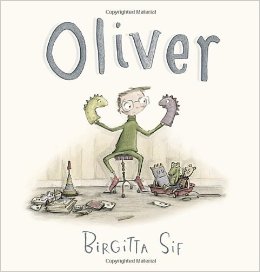
Birgitta Sif is a picture book illustrator originally from Iceland, now living in England. So far she has produced four books. Oliver was first published by Walker Books 2012. A nice touch is that the opening page says ‘This adventure belongs to’, where most books say ‘This book belongs to’, leaving space for the child […]
-
Slinky Malinki by Lynley Dodd Picture Book Analysis
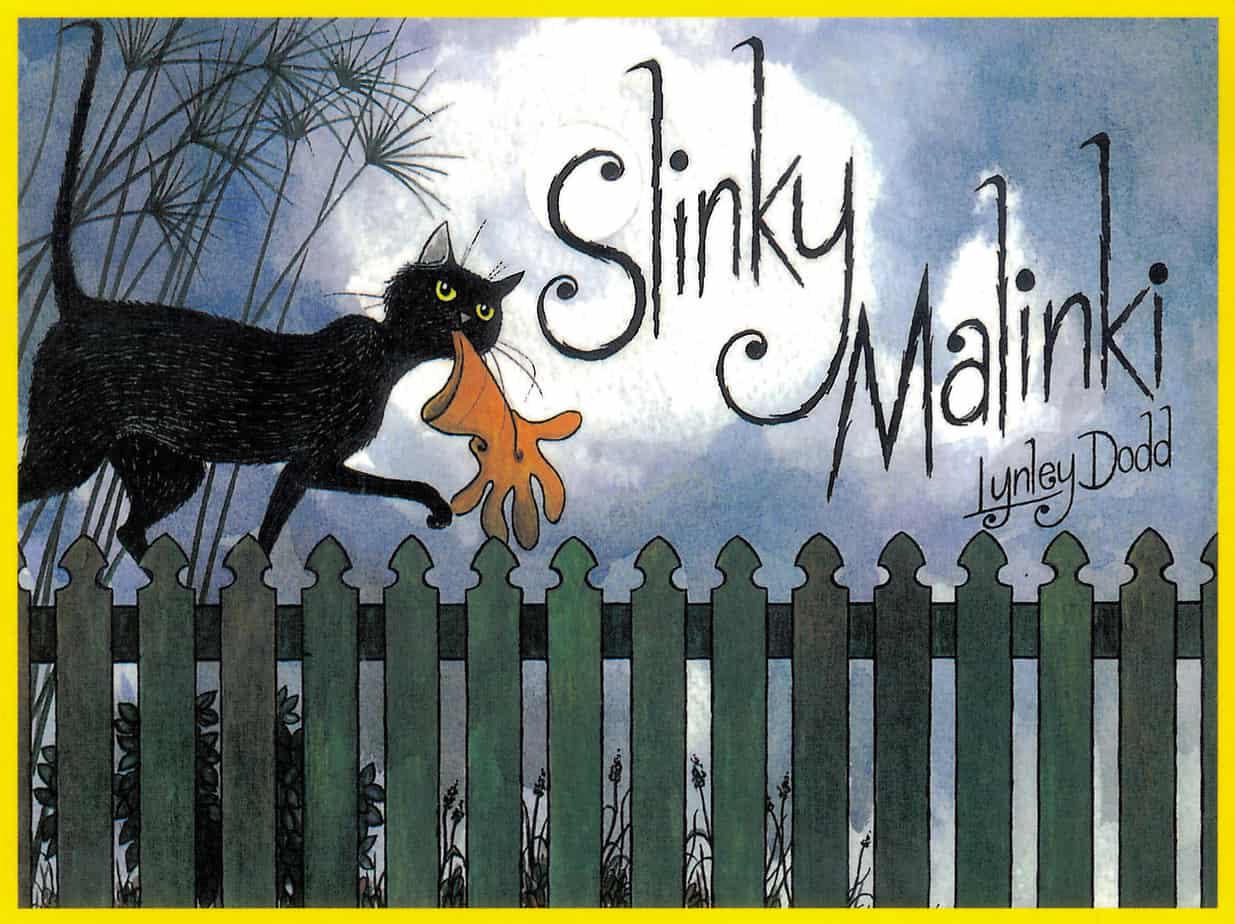
Slinky Malinki is a picture book by New Zealand author illustrator Lynley Dodd. A cat has nine lives. For three he plays, for three he strays, and for the last three he stays. Old proverb A BRIEF HISTORY OF CATS IN CHILDREN’S LITERATURE Sometimes it is difficult not to resent their apparent success, and they […]
-
The Wolves In The Walls by Neil Gaiman and Dave McKean Analysis
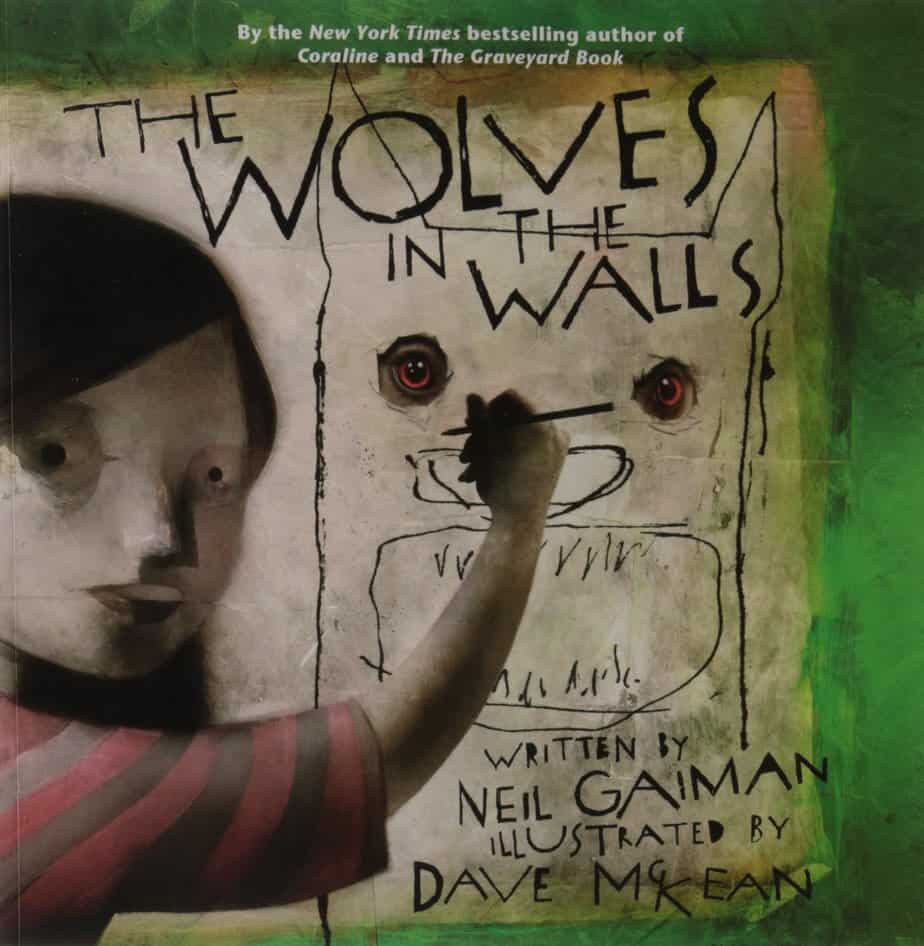
**UPDATE LATE 2024** Neil Gaiman is an abuser. If this is news to you and you’re skeptical, here is a link roundup. Tortoise was the first (semi) mainstream outlet to give voice to one of Gaiman’s victims. Unfortunately, Tortoise is funded and owned by a notorious anti-trans bigot, so even though I listened to the […]
-
The Dark by Lemony Snicket and Jon Klassen Analysis
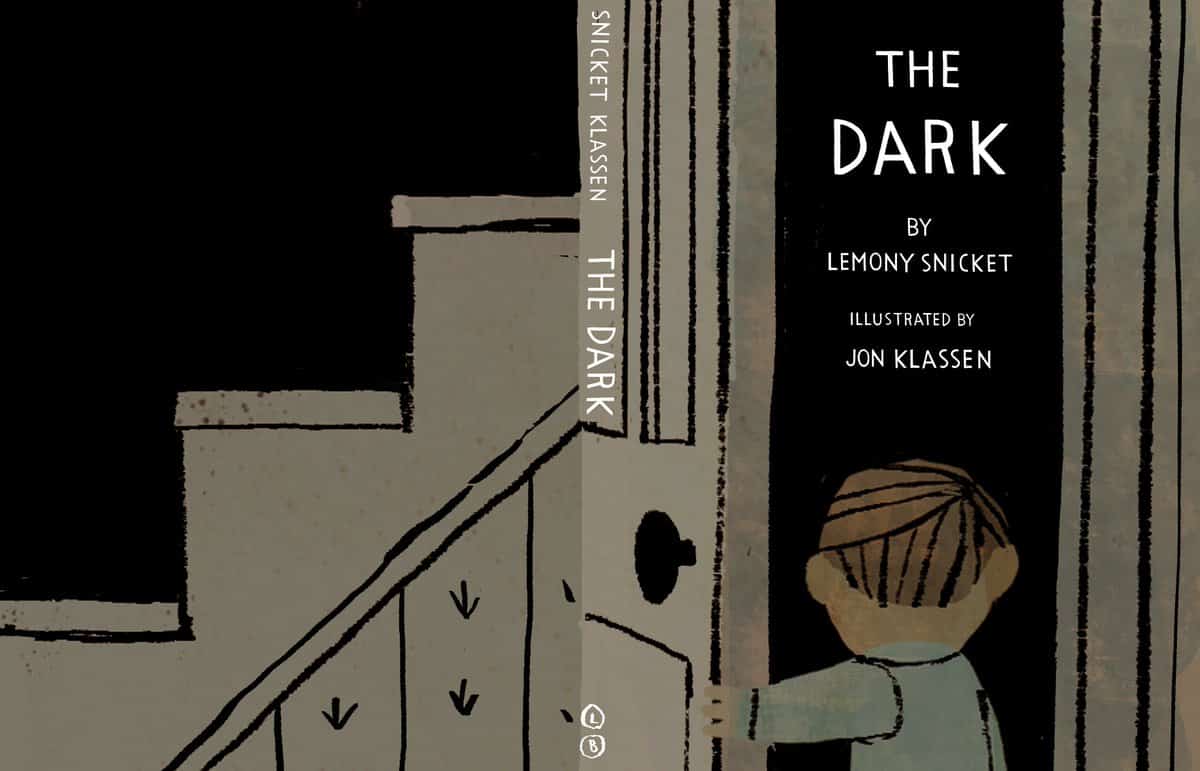
The Dark is a picture book written by Daniel Handler, illustrated by Jon Klassen. A boy faces his fear of the dark in an archetypal dream house. WHAT HAPPENS IN THE DARK? Shortcoming/Need Psychological Shortcoming: “Laszlo was afraid of the dark.” In children’s books, characters don’t need a moral shortcoming. (In other words, a child character […]
-
Some Things Are Scary by Florence Parry Heide and Robert Osborn Analysis
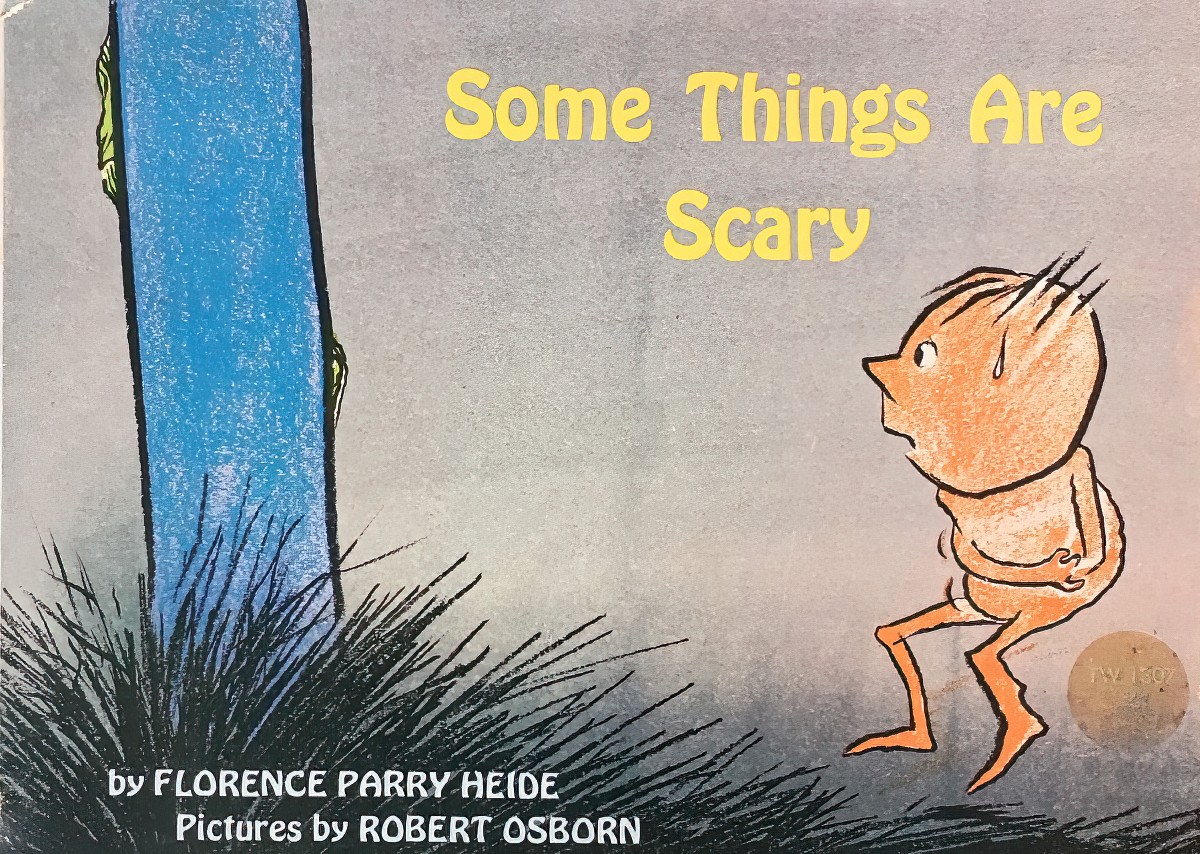
Some Things Are Scary is a favourite from my own childhood, and now that my daughter loves it just as much, I appreciate its timelessness. This book would make an excellent mentor text for a classroom of young writers. They might use the structure to create their own story about scary things. I only have the […]
-
Blackdog by Levi Pinfold Analysis
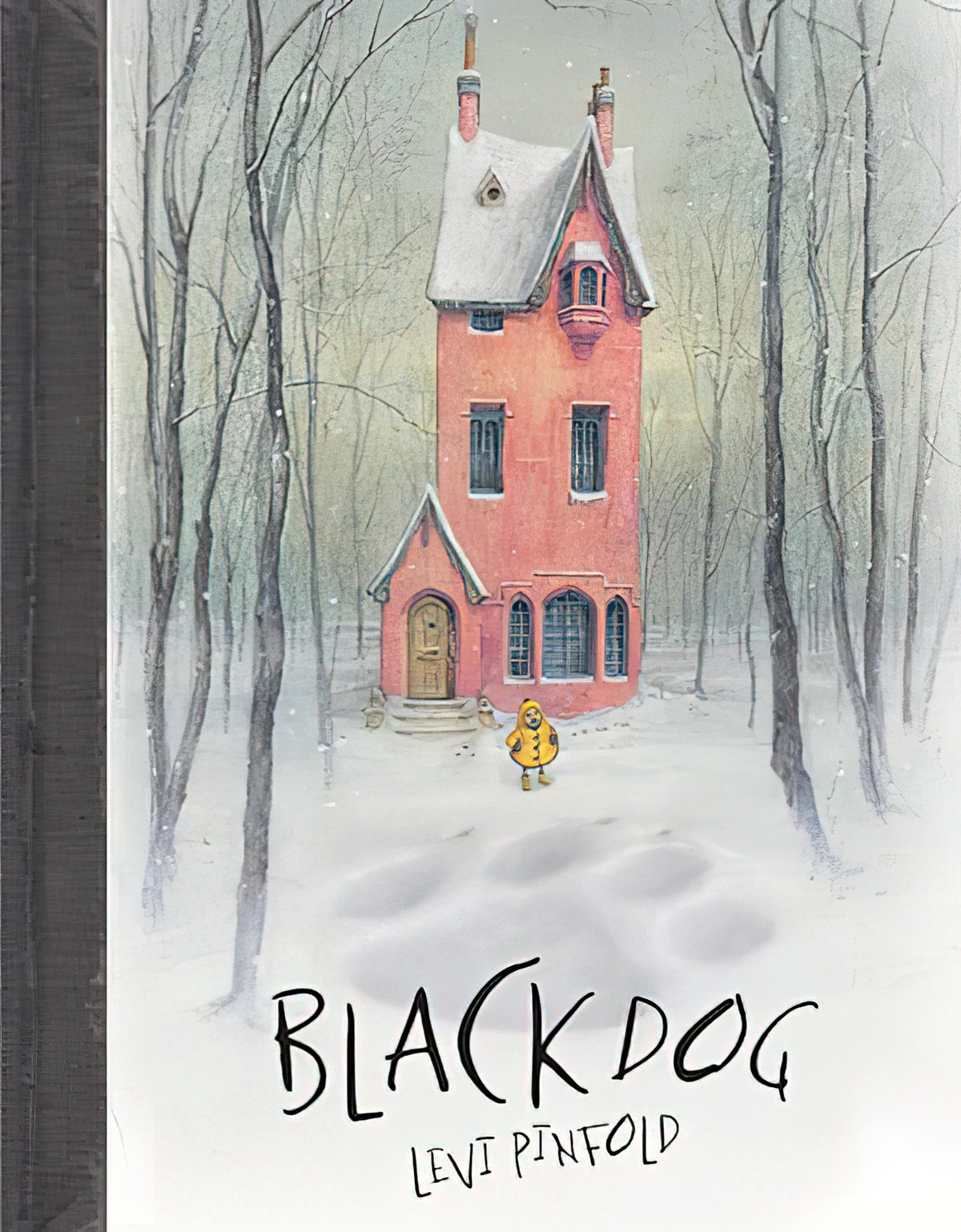
Anyone who has ever seen a huge unfriendly dog standing right outside their glass door will know how frightening it can be. Pinfold takes that fear and now we have Blackdog.
-
The Tale Of Peter Rabbit by Beatrix Potter Analysis
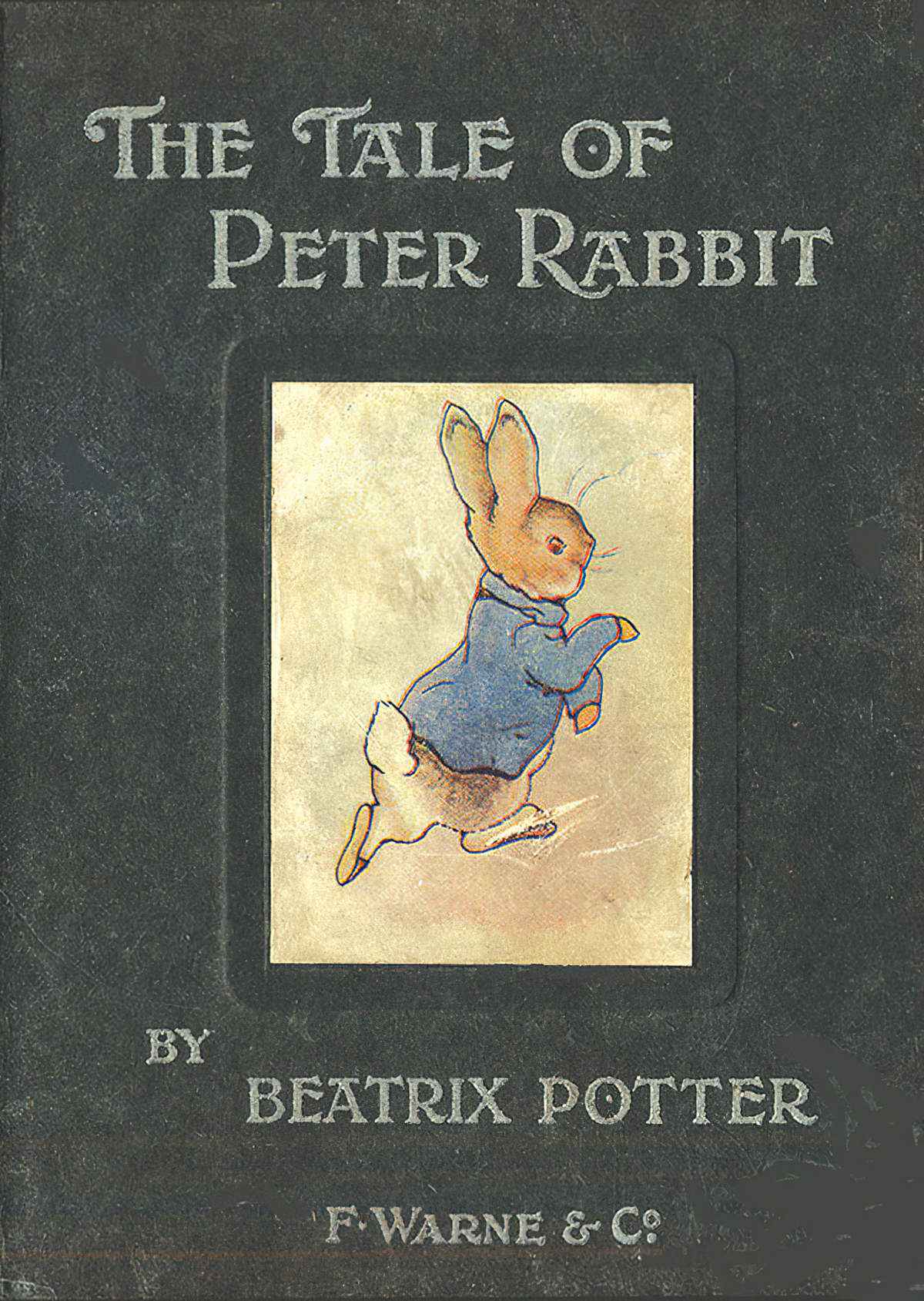
As Marjery Hourihan points out in Deconstructing the Hero, Peter Rabbit is basically an Odyssean story. A male hero goes out, has an adventure, faces death and then arrives home, changed. Beatrix Potter was following a long tradition of storytelling when she wrote this one.
-
Olivia by Ian Falconer Analysis
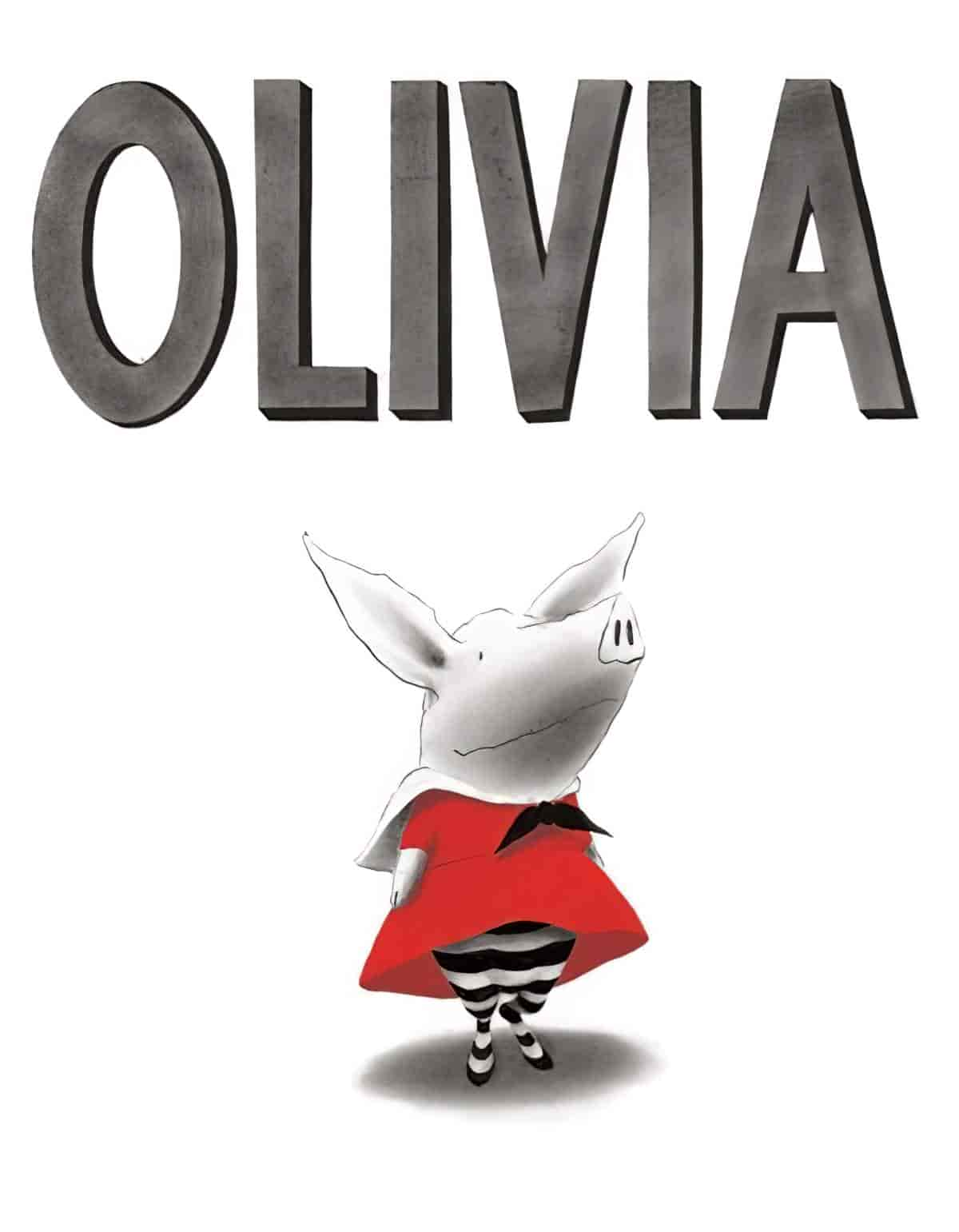
Starting with the cover, here we have a static picture of Olivia the pig, our main character. In picture books, the very best illustrators are able to depict motion very well, but you often get a character in ‘pose’ position when they are first introduced, or when the reader is meant to be contemplating the […]
-
Shadow and Light Source In Picture Books Analysis
In picture books as in all illustration, the artist can use light source and shadow to create atmosphere, or even to add to the story. Complement this with my post on creating aerial perspective. OVERLAPPING SHADOWS Overlapping shadows tend to suggest the power of the objects that cast them over the objects they overlap. Perry […]
-
Generic, Naturalistic and Minimalist Character Illustration
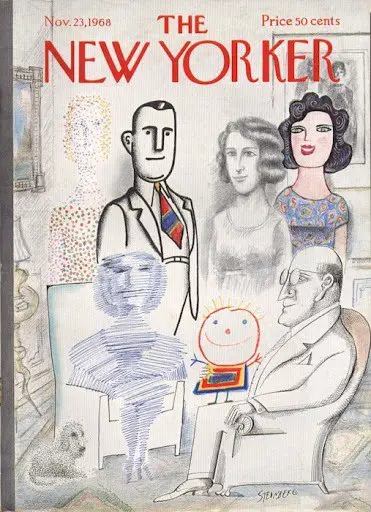
Do you remember being a child and instantly drawn to anything brightly coloured and cartoonish? You learned very early that if something was done in that style, it was made for you. You may also have come across media done in that style which was not for you — perhaps your mum or dad prized a Japanese manga out of…